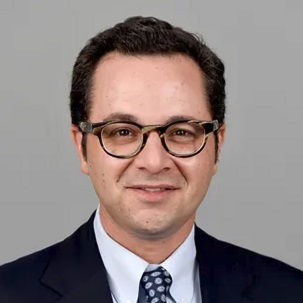
UF has unmatched expertise in the politics of “other” Europes including Central Europe, the Western Balkans, the Caucuses, Russia and Ukraine. Our faculty have substantive expertise in the areas of populism, nationalism, subnational politics and conflict, identity politics, institutional design, migration, gender and politics, voting and political parties, regime change and democratic backsliding, political economy, the EU, and memory politics.
Our faculty have published research on the politics of many individual countries including but not limited to Armenia, Azerbaijan, Bosnia-Hercegovina, Czech Republic, Georgia, Germany, Hungary, Kosovo, Poland, Russia, Serbia, Slovakia and Ukraine in addition to many regional and cross-national studies.
Upcoming Events
Past Events
We encourage applications from students who wish to pursue their PhD study in these areas. We cooperate extensively with UF’s Title VI funded Center for European Studies, which offers instruction and FLAS fellowships in a number of relevant languages (e.g., Czech, German, Polish, Hungarian, Russian, and Turkish).
Faculty
> Comparative Politics
> International Relations
Affiliated Graduate Students
Alexis Alvis is a first-year MA student in political science, focusing on comparative politics and research methods. His interests are in informal institutions, local politics, and political economy, especially in rural settings. He is currently working on his thesis, which examines the politics of rural infrastructure in post-Communist settings.
Christine Berry (she/her/ella) is a third-year Ph.D. student in the Department of Political Science at the University of Florida. Her research examines the consequences of migration on democracy, citizenship, and political integration. She is interested in how restrictive immigration legislation shapes identity, political attitudes, and behavior among generational cohorts in Europe.
Murad Gafarov is currently writing his dissertation. His work examines the decision-making processes surrounding EU enlargement with a specific focus on the accession of countries in the Mediterranean and Eastern European regions. He focuses on the multifaceted interplay of economic, geopolitical, and normative considerations that made these instances of enlargement possible despite the economic and political burdens they carried for the EU and its Member States. This research reflects a general interest in the history of European integration and EU foreign policy, especially as it relates to post-Soviet spaces. As well as the history of ideas, 20th-century political thought, and post-colonialism.







